“It’s no surprise I ended up in radio”
Image: Tima Miroshnichenko
Reporter
Sound engineer, William Saunders, started his career in 2008 working on live-to-air RNZ programmes Nine to Noon with Kathryn Ryan, Afternoons with Jesse Mulligan, and Morning Report.
But these days, you’ll find him in tucked away in a post-production studio mixing long-form features and award-winning podcasts, including NZ Radio Awards winner for Best Factual Series, Hair and Loathing, presented and produced by Charlotte Cook.
In Close to the Mic’s weekly industry profile series, William shares what it’s like to be in the audio industry, and why creativity is important in the podcast process.
Sound engineer William Saunders has been mixing long form content since 2011. Image supplied.
How did you get your start in radio and podcasting?
I was always intrigued by audio narratives. Some of my earliest memories are of listening to Spike Milligan's Badjelly the Witch. There’s an Edvard Grieg piece called Morning, which began the story ‘Dick Wittington and His Cat’. I listened to these as a kid, while falling asleep. Edvard Grieg's Peer Gynt Suite is tattooed in my head for all time!
It came as no surprise that I ended up in radio, first making ads in Taupo for the provincial network of TRN (as it was called back then), then eventually, RNZ.
What do you love most about your job?
Collaboration is what I love about my job. Trying new ideas and approaches to make podcasts really pop is very rewarding.
Can you paint a picture of your daily work routine?
My work routine is variable. It's reactive and the work happens in clumps. Producers direct me to where their podcast is, sometimes they send it via a cloud sharing platform.
I rearrange clips to different tracks to make the project less cluttered. I add processing (EQ/ Compression) to tracks and figure out the general vibe of the podcast. Then I mix, checking every half-breath and pieced-together-idea. Producers will likely have a pretty good idea of this and we'll often work together from a distance (via a studio link) or in the studio together.
William playing in Wellington band Planet Hunter. Photography credit: Will Not Fade.
You're also a musician, how does that feed into your podcast/production work?
It feeds in a lot, I think [because] every podcast has a rhythm to it. Weaving in sound and bedding it under dialogue is great fun. I also take a lot of sound ideas from video games.
What are some of the recent podcasts you’ve been working?
Lately, I've been working on The Detail, Black Sheep, Our Changing World, Ko Papa Ko Rangi: Up or Down?, Mr Lyttle Meets Mr Big, which has just been released. There's another I'm working on, but that's hush-hush for now. My favourite podcasts tend to be made with my favourite producers. Not naming names…
What are some of the biggest challenges for the podcast industry today?
People tend to settle for the status quo and common themes, often due to time constraints. There's never enough time!
What are some of the off-shoots of making a podcast?
Podcasts are a great way to inform communities. I recently mixed a four-episode series called Ko Papa Ko Rangi: Up or Down?, which is about climate change and our reaction to it.
If there was a change you would want to see in the industry, what would it be?
I'd like to see more opportunities for people to make podcasts at media organisations. There's a bunch of young journos, for example, coming through with great ideas. They simply need a chance to leave the daily newsroom grind for a bit and see an idea through to completion, make mistakes, and grow as content creators.
When you listen to a podcast, what is your number one bugbear?
Over-explanation. In some cases, yes, context is needed. Generally though, less is more.
What’s your favourite podcast of all time, and why?
My favourite podcast of all time is probably 99% Invisible. It's been a while since I've tuned in, but I rate it highly. The show is tight, to-the-point, and well mixed. It's about things that are all around us we don't realise are there, especially architecture and design. Now I know a little more about design and architecture, which is cool.
Pick one of the two options and explain why you prefer one type of podcast genre over the other. Comedy or True Crime? Narrative Documentary or Talk Personality?
I prefer narrative documentaries and long form chats overall, especially while walking to work. It's a chill way to ease into a day of mixing podcasts. I enjoy comedy ones, too, for the same reason.
What advice would you give to anyone wanting a career in either podcasting or radio?
For any new podcast creators out there, I highly recommend investing in good gear — it's all about the source audio. The better quality you can get the better your podcast will sound.
If you would like to feature in our weekly industry profile segment, contact: editor@closetothemic.com
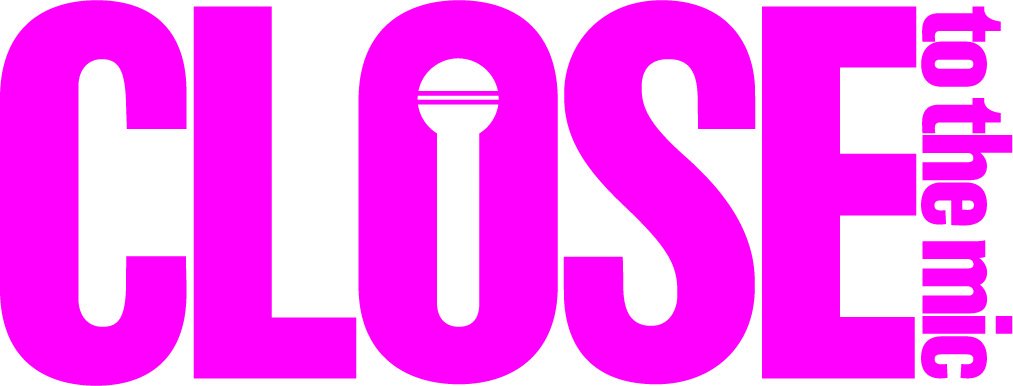
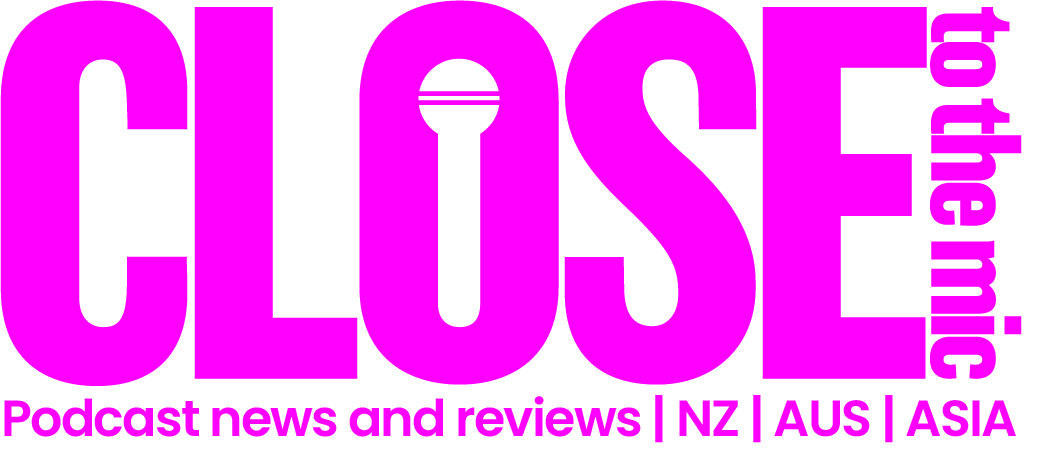
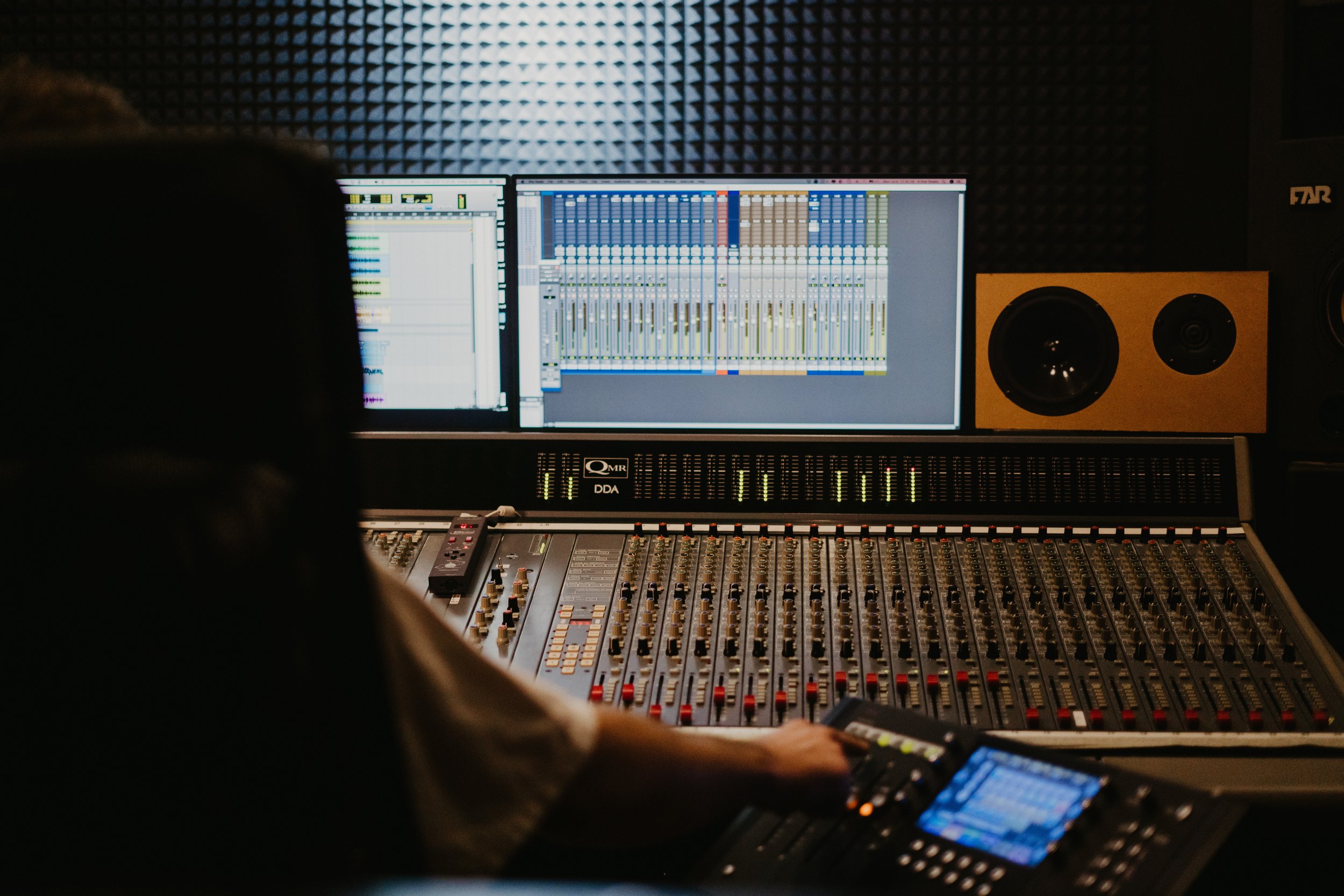

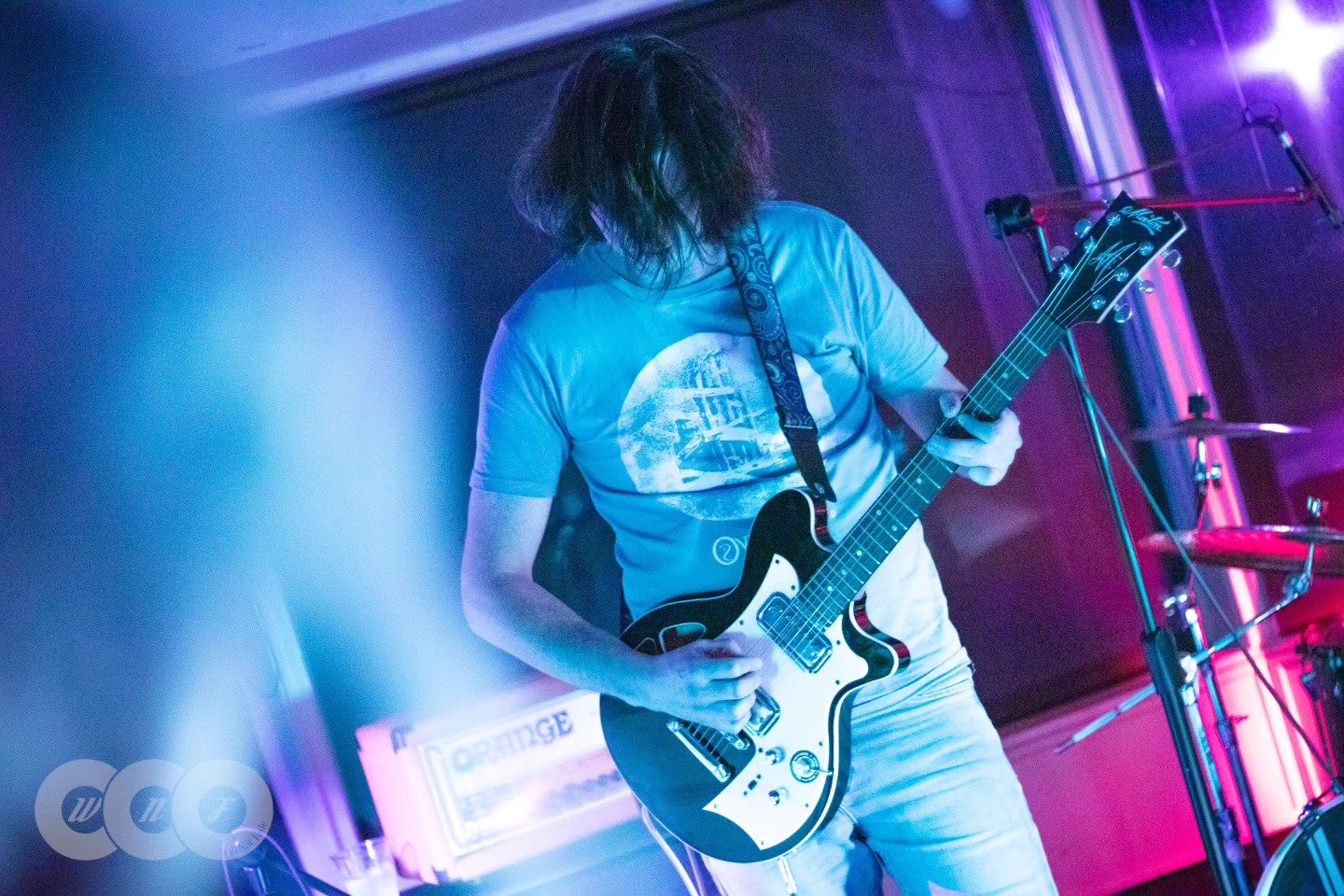
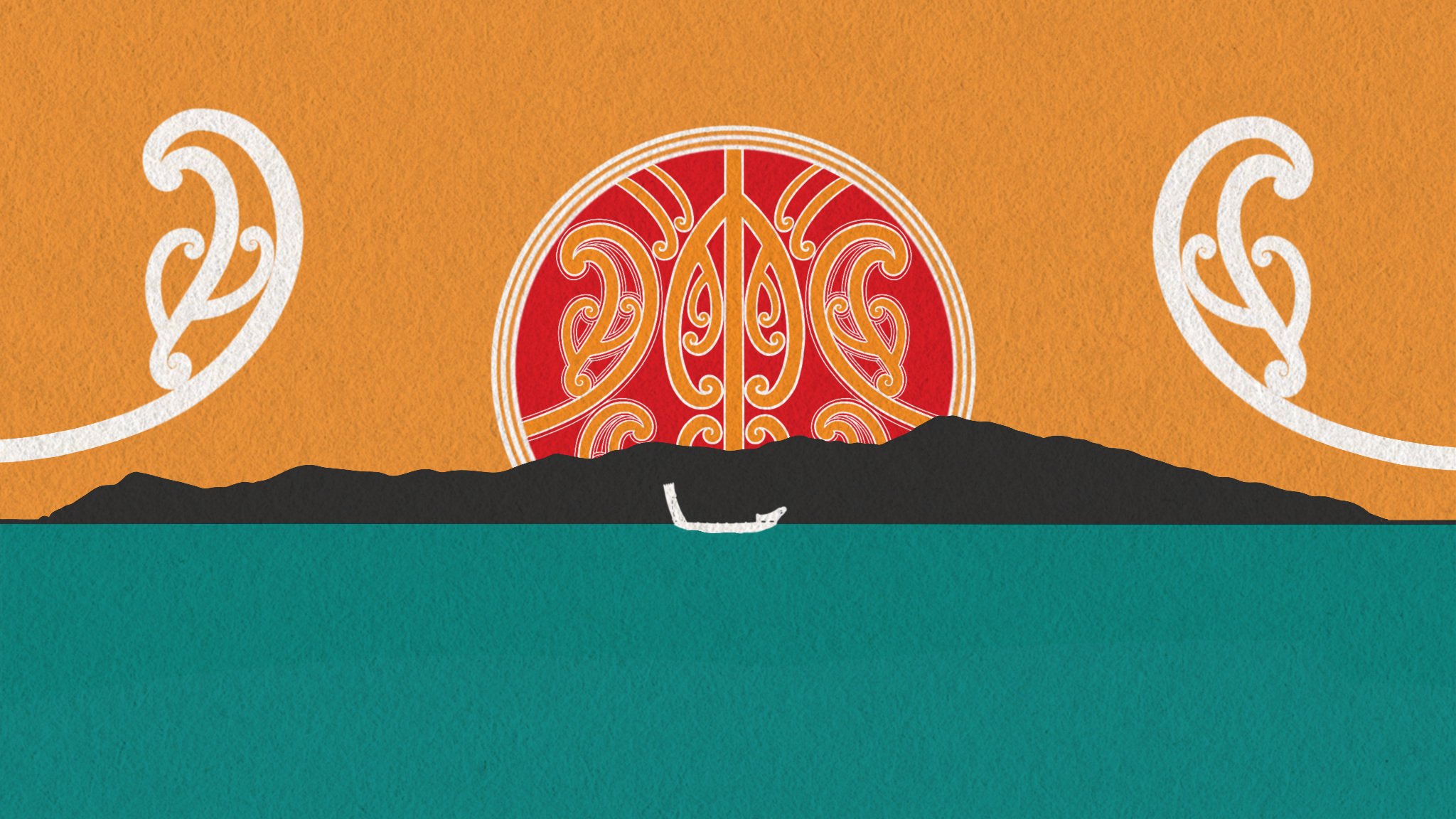
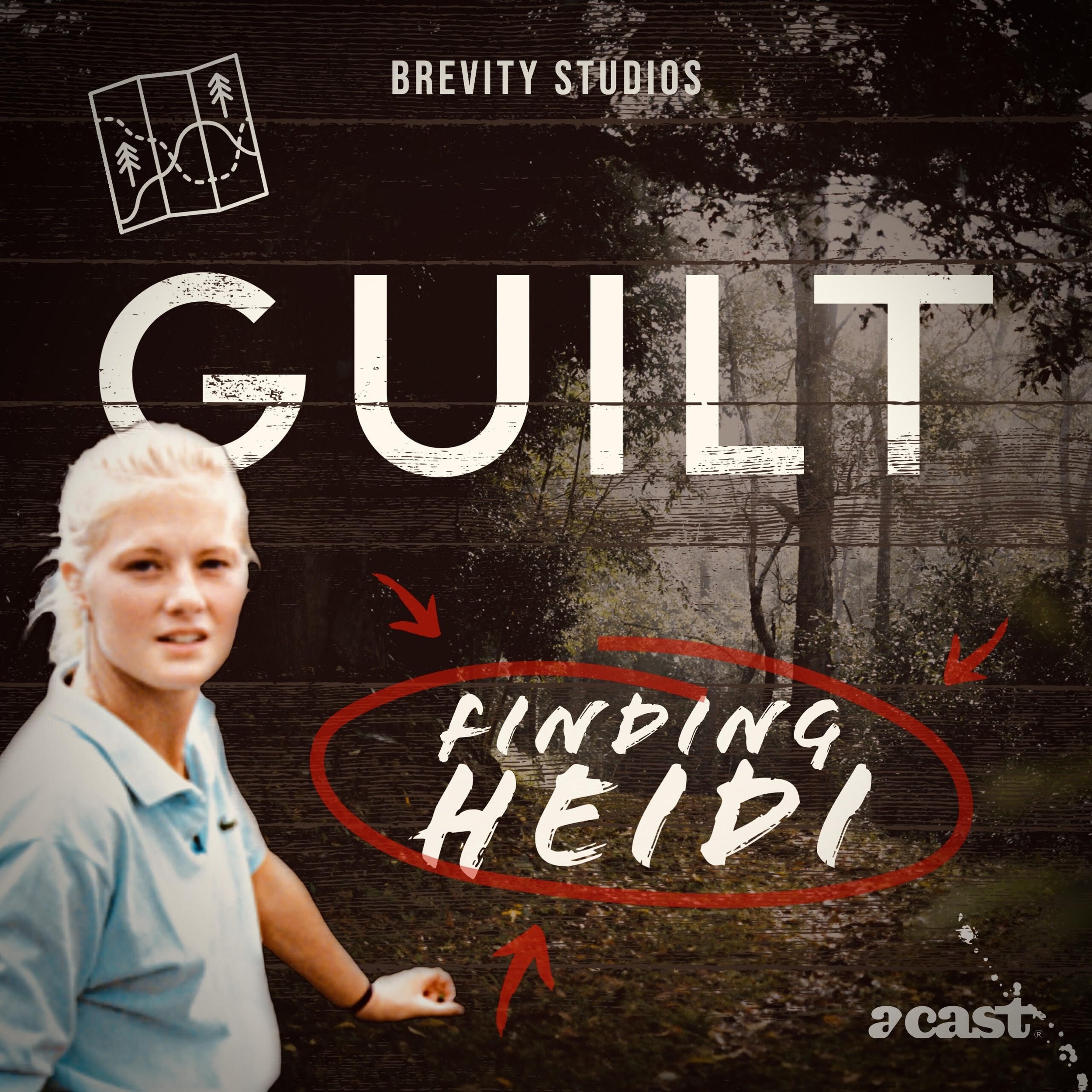
RNZ’s new podcast Conviction explores the people and stories behind the Civic Creche case three decades on.